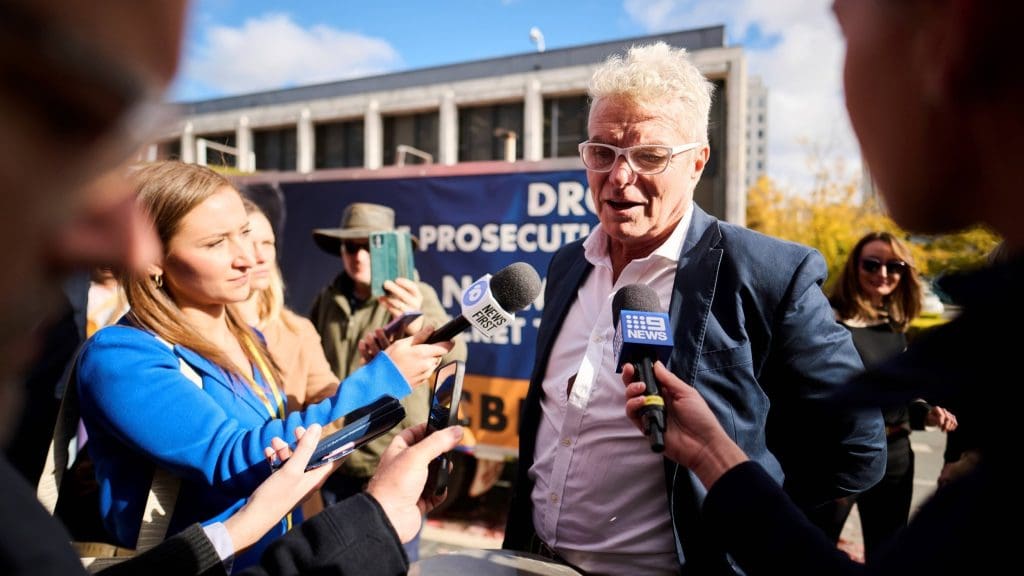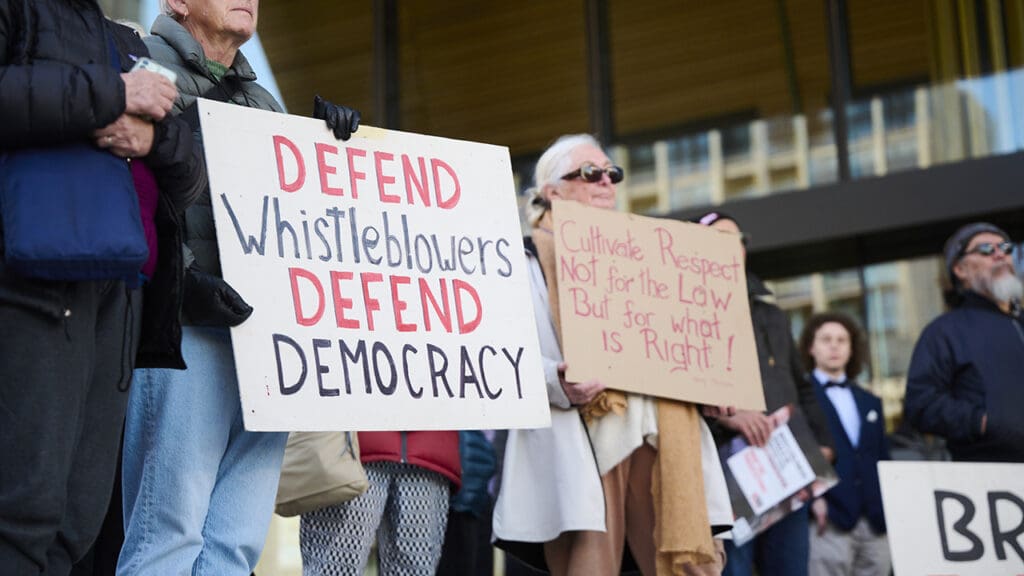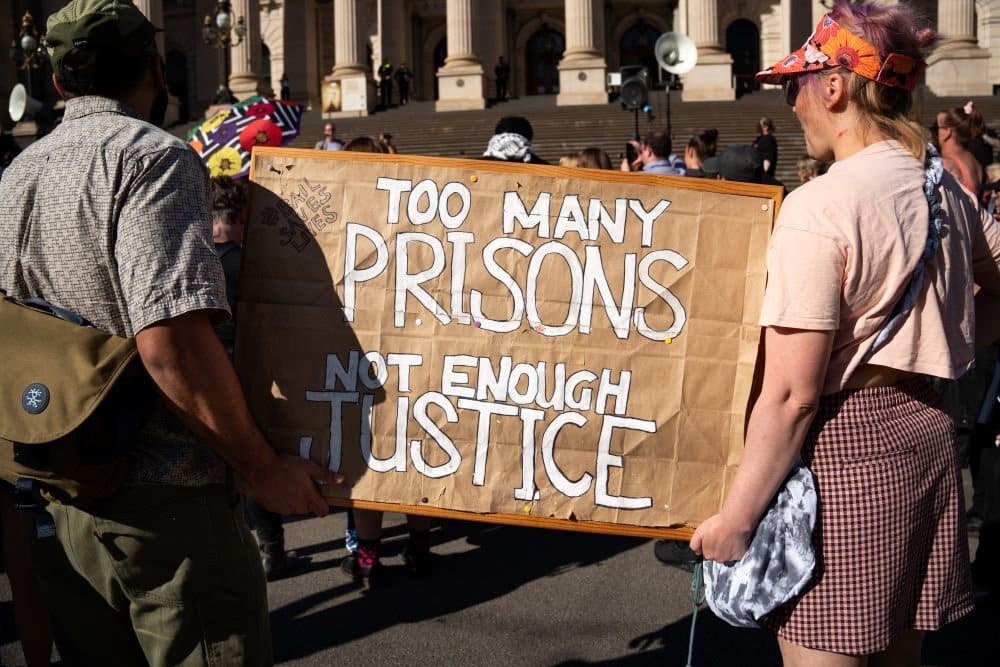A code of conduct for politicians must cover all forms of discrimination
The Human Rights Law Centre will today appear before the Joint Select Committee on Parliamentary Standards (Committee), to give evidence for reforms that would ensure that politicians and all people working in, or visiting, the Commonwealth Parliament fall under a code of conduct. The code should cover not just gender-based bullying, harassment and assault, but other forms of discrimination, including racism, ableism and transphobia.
The Committee was established to consider codes of conduct for parliamentarians and their staff on the recommendation of Sex Discrimination Commissioner Kate Jenkins following allegations of gender-based violence occurring in Parliament. Jenkins also found Parliament to be “inherently unsafe” for people who are Aboriginal and/or Torres Strait Islander, people of colour, people with disability, and/or LGBT+ people.
The Human Rights Law Centre has made nine recommendations for reform, including:
-
the introduction of codes of conduct for parliamentarians, their staff, and the parliamentary precinct overseen by an independent body;
-
that the codes of conduct be broadly drafted to cover not just gender-based violence, but other forms of discriminatory abuse including racism, ableism and transphobia;
-
the code of conduct for politicians should include proportionate penalties for breaches, including temporary suspensions from the Parliament;
-
expanding whistleblowing protections for parliamentarians’ staff.
Alice Drury, Acting Legal Director of the Human Rights Law Centre, said:
“When people in powerful, public positions are not held to account for racism, gender-based violence, ableism and transphobia, it implies that this behaviour is acceptable for everyone. It signals to the community that our governments value some people’s lives over others. It emboldens perpetrators. It discourages victim/survivors from raising complaints.
“Discriminatory abuse in our parliament makes the whole country less safe.
“Respect should be the broad standard by which parliamentarians and their staff should treat each other, their colleagues, and all people working in or visiting parliamentary workplaces.”
Media contact:
Michelle Bennett: 0419 100 519
Media Enquiries
Chandi Bates
Media and Communications Manager

Albanese Government must act on whistleblower reform as David McBride’s appeal dismissed
The Human Rights Law Centre, the Alliance for Journalists’ Freedom and the Whistleblower Justice Fund are calling on the Albanese Government to act on urgent, robust whistleblower protection reform, after war crimes whistleblower David McBride’s appeal was dismissed today.
Read more
Tax whistleblower Richard Boyle’s guilty plea an indictment on Australia’s broken whistleblowing laws
The Human Rights Law Centre and the Whistleblower Justice Fund have condemned the Albanese Government’s ongoing prosecution of Richard Boyle, as the tax office whistleblower pleaded guilty at a hearing in Adelaide today.
Read more
Crisafulli Government’s shameful adult sentencing laws will harm kids, families, and communities
The Human Rights Law Centre and Change the Record have slammed the Crisafulli Government for passing laws that will sentence even more children to adult-length terms of imprisonment. The laws will lock up children for even longer, and harm kids, families, and communities.
Read more


